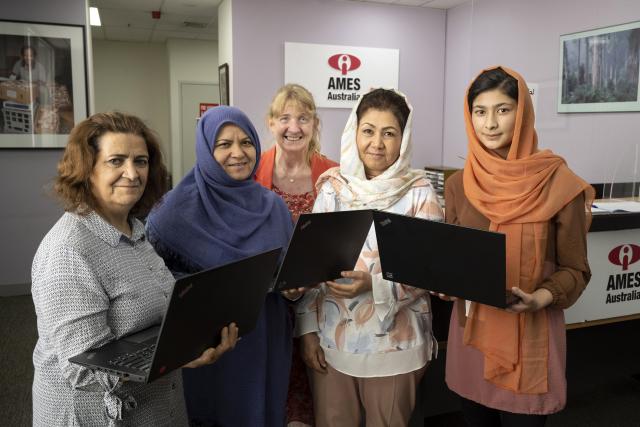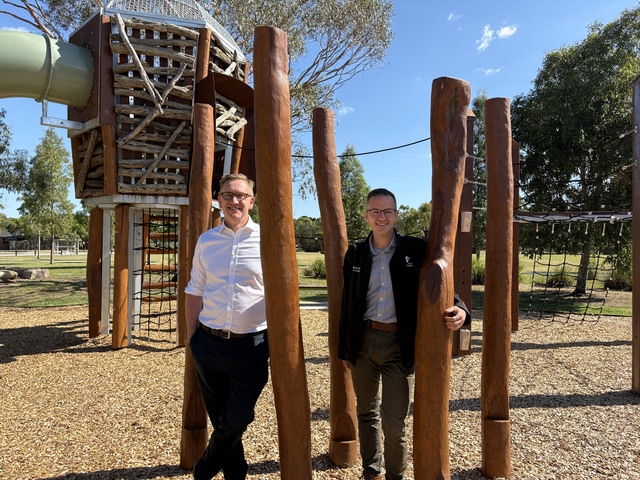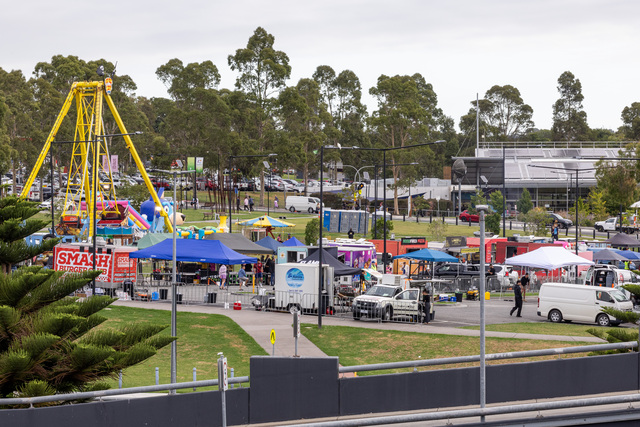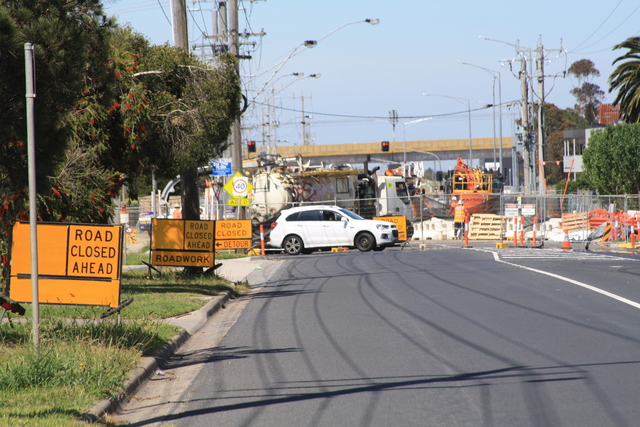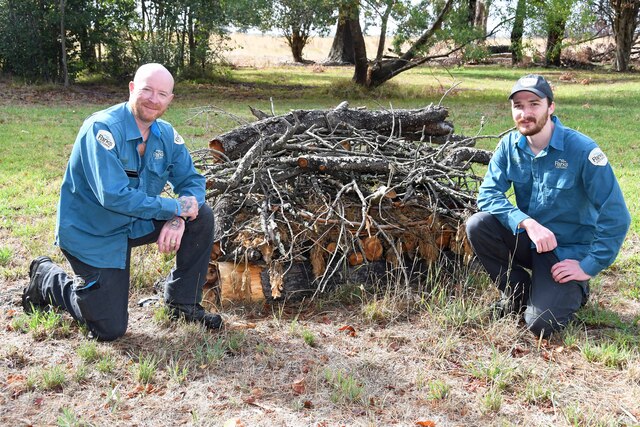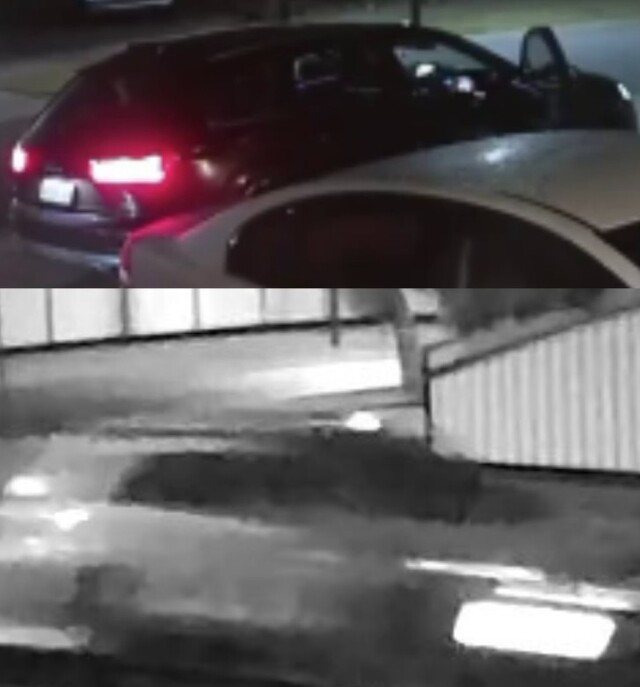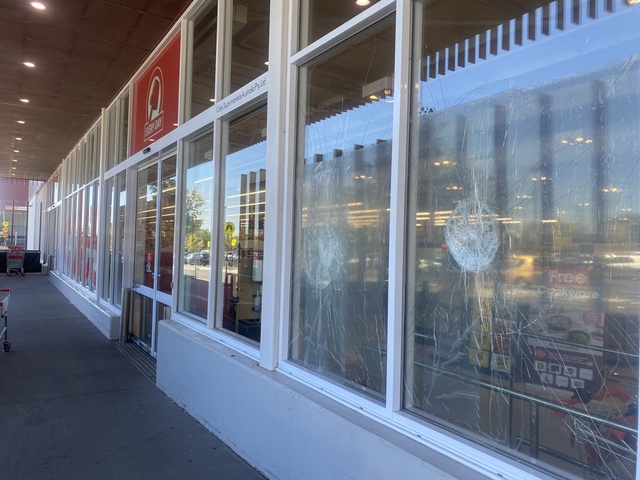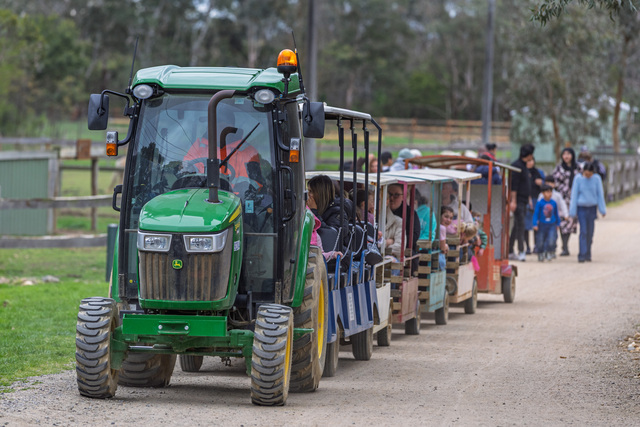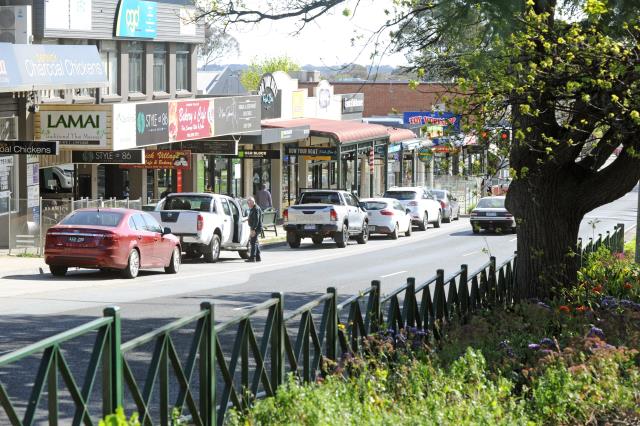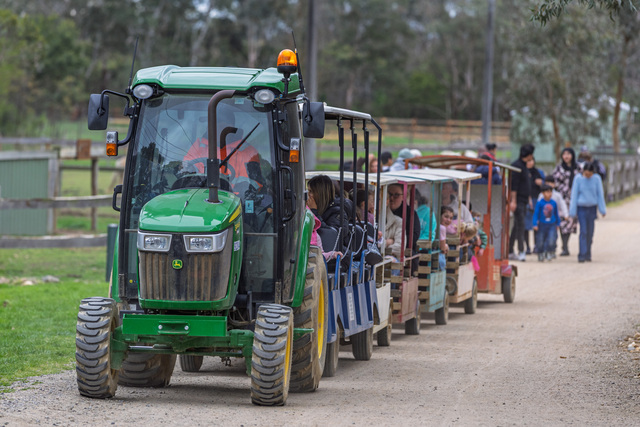Refugees and new arrivals may not be aware of the vast services made available to them in the community with a lack of access to the online world.
AMES refugee and migrant clients in Melbourne’s south-east can now connect with critical services, education and employment more easily thanks to the donation of 189 repurposed laptops from 7- Eleven.
“It can be incredibly difficult for new Australians to access the support, education, and employment services they need to successfully live, learn and work without access to basic technology,” AMES chief executive Cath Scarth said,.
“This is particularly true for our refugee clients including those from Afghanistan and Ukraine who had to flee their homes so quickly and in many cases arrived without resources and technology.
“Being able to provide these laptops through our People in Need Fund makes a huge difference to our clients.
“Trying to do online learning or access services such as healthcare is incredibly difficult using a mobile phone, so the laptops have been amazing.”
Moska Amini, who arrived from Afghanistan in early 2023, said:“We couldn’t bring lots of things when we came and it was so hard for us.
“Now with the laptop I can use it for my lessons and my sisters use it to apply for jobs.”
7-Eleven chief information officer Drew Coffey said the 7-Eleven tech team, and a number of suppliers worked together to reformat and repurpose the laptops to get them ready for use.
“We need to replace devices every few years, and usually, these are wiped and sent for e-recycling.”
Mr Coffey said it’s important to reduce e-waste which ends up in landfills.
“Being able to instead repurpose these devices to provide digital connectivity for AMES clients was a great outcome.
“We are incredibly proud to have made a contribution towards digital inclusion for new Australians, and we’ll be looking to see what’s possible when we complete routine device replacements in future.”

